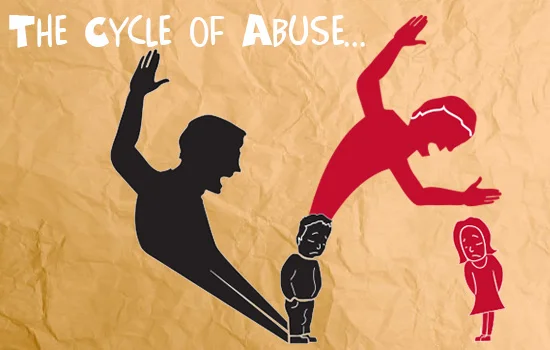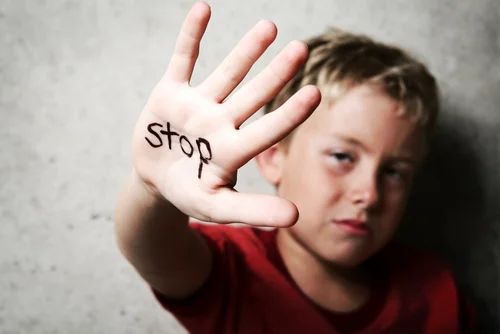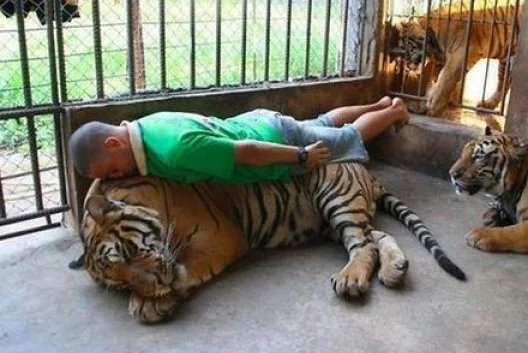+1 845 259 2974 (11 a.m to 7 p.m CST)
Comparing Siblings: Not a Good Idea for Parents

“Why aren’t you like your brother”, “Your sister always gets first position in the class”, “Your brother is more social than you” – these are just some of the things that parents commonly hurl at their kids. What many of them don’t realize is that such remarks can deal a heavy blow to their youngsters’ confidence and self-esteem, and most importantly, lead to jealousy among siblings. This, however, is only the tip of the iceberg. Let’s look at the various reasons why comparing children is never a good idea and should be avoided.
Every Child is Different
Comparing siblings is never a good idea as every person is special and is unique in terms of skills, abilities, interests, hobbies, strengths, weaknesses, etc. It’s like measuring eggs in kilograms; obviously it does not make sense. Sally-Anne McCormack, a clinical psychologist is of the view that parents should find out the strengths and positive points of each of their kids instead of pointing out what is missing in them. Note down their strengths and find relevant activities for them. There is a famous quotation that says: “Everybody is a genius. But if you judge a fish by its ability to climb a tree, it will live its whole life believing that it is stupid.”
Leads to Frustration
By comparing siblings, you pretty much set yourself up for frustration as no one is perfect. You can’t expect all your teens to be equally good in class, equally athletic, equally good at dealing with people, equally responsible, and equally good at meeting the standard of sensibility that you’ve set. You need to go easy on them and keep your expectations realistic, otherwise you’ll simply find yourself disappointed day and night.
Causes Stress among Teens
According to a scientific study, children who are compared with their siblings or other kids, especially in terms of academic performance, develop severe mental disorders and these disorders follow them in their later life. Do you want teens to develop stress, anxiety, depression or other mental illness? If the answer is an obvious no, then stop comparing them with each other.
Negatively Affect Home Environment
Teens value what you say, which means you should choose your words very carefully. Continuously telling one of your kids that he is less intelligent then his sibling, his handwriting is poor compared to others etc. will only make him feel inferior. Where there is comparison, there is competition. Comparison creates a feeling of jealousy among siblings, which ends up affecting home environment. Not only this, it affects your relationship with your kids as they may feel that you love one sibling more than the other.
Results in Lower Self-esteem
When teens are judged by the very people who are suppose to support and protect them, they automatically start asking themselves what is really wrong with them and why they can’t be like their siblings. These feelings naturally take a toll on their self-esteem. They start to think that they are not competent enough. Lower self-esteem means lower level of motivation and confidence. All this happens just because of your judgments and comparisons, even if you are doing this for constructive purposes.
You cannot stop the world from comparing your kids, but you can certainly stop perpetrating this behavior at home. Comparison makes things worse. Accept the teens for who they are instead of what they should be like. Setting goals is good, but appreciating and nurturing the individuality of teens is just as important.
























